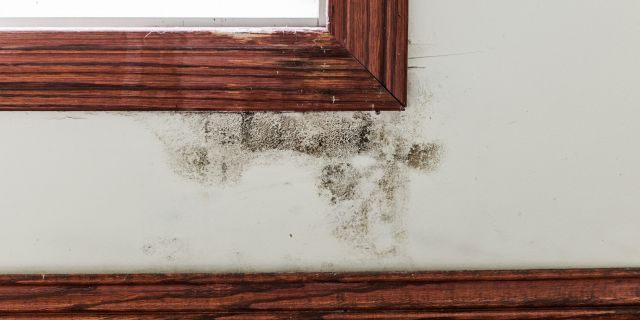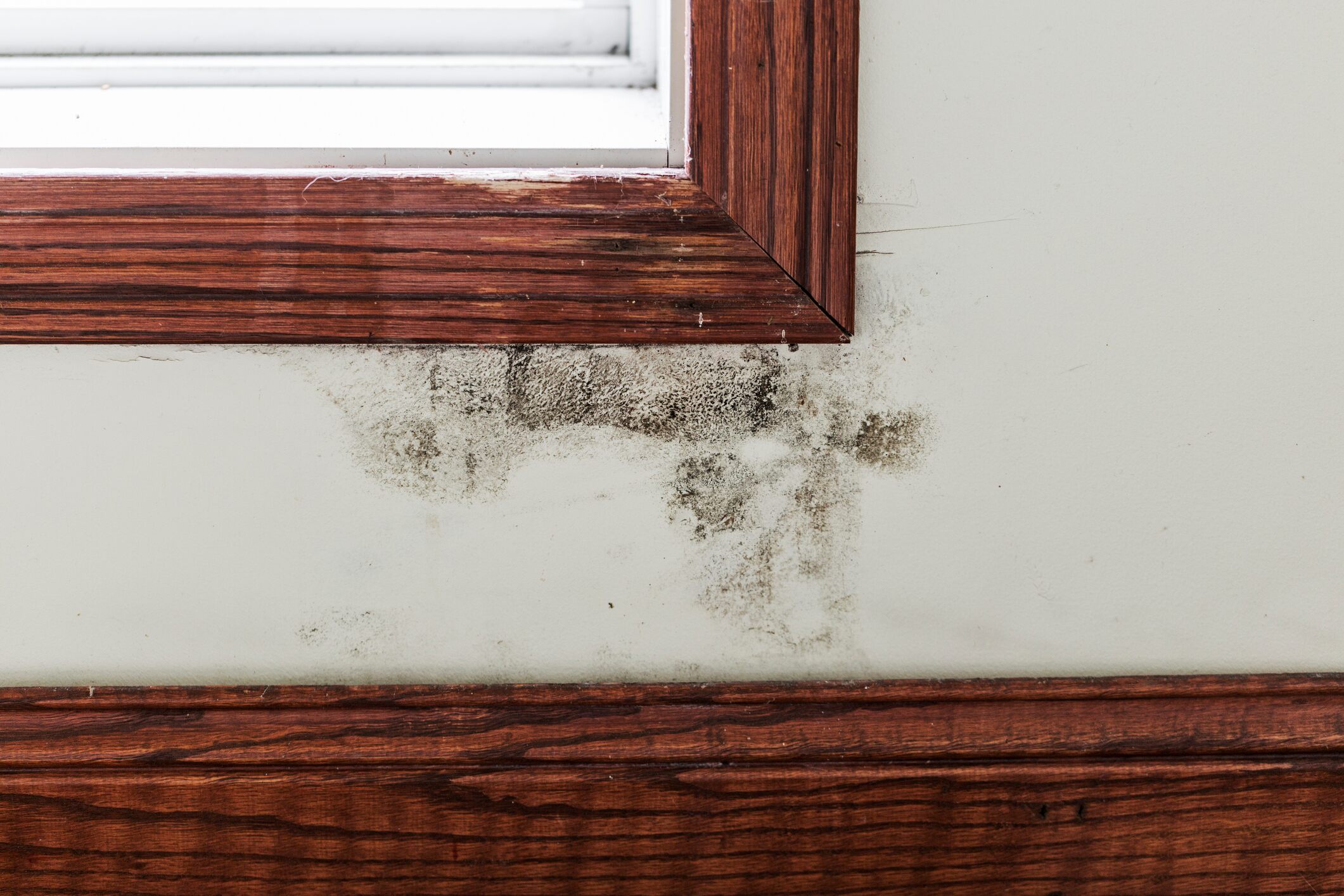[ad_1]
In the midst of the coronavirus pandemic, a growing number of people are looking for a new home to help maintain social distance and escape the congested cities. Many employees forced to work from their homes during the COVID-19 outbreak are also looking to buy or rent a spare studio apartment to work from, allowing them the space from loved ones so they can focus on their daily work tasks, according to a recent report.
But as people flock to find their new nests, health experts caution to be wary of a hidden danger to your health that could be lurking in the potential new home: mold.
MORE AMERICANS SIGNED CONTRACTS TO BUY HOMES IN JUNE
According to the Centers for Disease Control and Prevention, some people are sensitive to molds, and some studies suggest a potential link between early mold exposure and asthma development in children. Mold allergy symptoms typically include a stuffy nose, red itchy eyes or skin, and in some cases, wheezing and shortness of breath, according to the CDC.

Black mold on a drywalled wall between a window and the baseboard trim.
(Credit:skhoward iStock)
Several medical professionals attribute mold allergies to some patients’ complaints of joint pain, autoimmune-related illnesses, and feelings of fogginess, among other symptoms.
Jennifer McCormick, a Maryland real estate advisor for Engel & Volkers Annapolis, told Fox News she recommends potential home buyers or renters to “look for any suspected areas of mold growth and note items such as musty smells, standing water in basements or stains in a ceiling.”
A reputable home inspector is important as well, McCormick added.
“Their reports could state there is a leak in the roof or chimney, a grading issue where water runs into a basement or a vacant/foreclosed house that appears to have humidity issues because the power is off. The inspector may see that these situations could allow mold to grow,” McCormick said, noting that based on the report, the buyer can then decide if they should bring in a professional mold inspector to determine if there is mold growth.
Larry Jenkins, an environmental consultant and industrial hygienist in Maryland, told Fox News potential buyers or renters should look for clues when inspecting a home.
“Does this home have any odors in the lower levels?” he said of a possible clue. “There should be a consistently free odor in the home no matter what room is entered. The typical mustiness smell is an indication of water-damaged building material, hence mold.”
YOUNG CHILDREN WITH CORONAVIRUS MAY CARRY 10 TO 100 TIMES MORE OF VIRUS THAN ADULTS: STUDY
Jenkins pointed out another sign.
“Typically if a home for sale has been vacant for a while, the energy savings-minded people will cut back or eliminate the AC,” which is “not a good plan,” he warned.
“AC serves to dry out the home and maintain proper humidity,” he added.
Jenkins also cautioned to look for a pitch of the earth near the home’s foundation.
“Don’t be fooled by nice mulch around the perimeter of the home — it can conceal a negative pitch which allows water to remain against the foundation and eventually affect the interior of the concrete or brick wall.”
Those who are concerned they have a mold allergy can contact their doctor to undergo a simple blood or skin test to find out. On its website, the CDC also states certain interventions can be done to improve housing conditions that may help reduce respiratory allergies and asthma.
Additionally, there are cheap ways to dehumidify your home.
[ad_2]
Source link

